
Small business owners in the UK face a critical decision when choosing customer relationship management (CRM) software. With countless options available, the question “Is Salesforce good for small business?” comes up frequently in boardrooms and business planning sessions across the country. The answer isn’t straightforward whilst Salesforce dominates the global CRM market, its suitability for smaller enterprises depends on several key factors that we’ll explore in this comprehensive guide.
The stakes are high when selecting CRM software. Small businesses typically operate with limited budgets and resources, making every technology investment crucial for long-term success. Understanding whether Salesforce aligns with your business needs, growth trajectory, and financial capabilities can mean the difference between streamlined operations and costly implementation challenges.
Salesforce has evolved significantly since its inception, transforming from an enterprise-focused platform to one that actively courts smaller businesses. The company recognises that small and medium enterprises (SMEs) represent a substantial market opportunity, leading to the development of specific Salesforce services and packages designed for businesses with fewer resources and simpler requirements.
The platform’s reputation precedes it Salesforce consistently ranks as the world’s number one CRM solution. However, this market leadership was primarily built on serving large corporations with complex needs and substantial budgets. For small businesses, the challenge lies in determining whether this enterprise-grade solution can be scaled down effectively without overwhelming limited teams or budgets.
Understanding your business’s specific needs is crucial before evaluating any CRM solution. Small businesses typically require lead management, contact organisation, basic reporting, and integration capabilities. The question becomes whether Salesforce can deliver these essentials without unnecessary complexity or cost.
One of the most significant considerations for any small business evaluating Salesforce is the cost structure. The platform offers several pricing tiers, with the Starter Suite beginning at £20 per user per month when billed annually. This entry-level package includes basic CRM functionality, email integration, and mobile access features that address fundamental small business requirements.
However, the true cost of Salesforce extends beyond monthly subscription fees. Implementation costs can vary significantly, with basic setups potentially requiring several thousand pounds for professional configuration. Training expenses represent another consideration, as staff need time and resources to become proficient with the platform’s extensive feature set.
Small businesses must also consider scalability costs. Whilst starting with a basic package might seem affordable, growing businesses often find themselves requiring additional features, users, and storage all of which contribute to increasing monthly expenses. The key is projecting your business’s growth trajectory and estimating long-term CRM costs accordingly.
Despite potential cost concerns, Salesforce offers several compelling advantages for small businesses willing to invest in a comprehensive CRM solution. The platform’s scalability stands out as perhaps its greatest strength businesses can start with basic functionality and gradually add features as they grow, avoiding the need to migrate to entirely new systems.
The extensive integration ecosystem represents another significant benefit. Salesforce connects seamlessly with hundreds of third-party applications, from accounting software to marketing automation tools. This connectivity allows small businesses to create comprehensive business ecosystems without managing multiple disconnected systems.
Automation capabilities within Salesforce can dramatically improve efficiency for small teams. Features like automated lead assignment, follow-up reminders, and workflow triggers help ensure that no opportunities fall through the cracks—a common challenge for businesses with limited staff resources.
The platform’s reporting and analytics capabilities provide insights that many small businesses struggle to obtain from simpler CRM solutions. Understanding customer behaviour, sales trends, and team performance becomes possible even for businesses without dedicated analysts.
Whilst Salesforce offers impressive capabilities, small businesses face several potential challenges when implementing the platform. The learning curve represents the most immediate obstacle. Salesforce’s extensive feature set can overwhelm users accustomed to simpler tools or manual processes.
Customisation complexity presents another challenge. Whilst the platform’s flexibility is a strength, achieving optimal configuration often requires technical expertise that small businesses may lack internally. This limitation frequently necessitates external consulting support, adding to implementation costs and timelines.
The feature-rich environment can lead to what experts term “CRM overwhelm” situations where teams become paralysed by too many options and abandon the system in favour of familiar spreadsheets or basic tools. Small businesses must carefully manage adoption to avoid this pitfall.
Additionally, some small businesses find that Salesforce’s pricing structure becomes less attractive as they require additional features or users. What begins as an affordable solution can quickly escalate into a significant monthly expense.
The CRM market offers numerous alternatives that specifically target small business requirements. HubSpot CRM provides a free tier with basic functionality and affordable paid upgrades, making it attractive for budget-conscious businesses. Pipedrive focuses on simplicity and ease of use, whilst Zoho CRM offers competitive pricing with good integration options.
These alternatives often provide faster implementation times and simpler user experiences compared to Salesforce. However, they typically offer less scalability and fewer advanced features, potentially creating future migration needs as businesses grow.
The choice between Salesforce and alternatives often comes down to long-term vision. Businesses planning rapid growth or requiring advanced analytics might find Salesforce’s initial complexity worthwhile, whilst those prioritising immediate usability and lower costs might prefer simpler solutions.
In this blog, “Salesforce Sales vs Service Cloud,” we’ve explained the key differences, features, and ideal use cases for each platform.
Successful Salesforce implementation for small businesses requires careful planning and realistic expectations. Starting with basic functionality and gradually expanding prevents user overwhelm whilst allowing teams to build confidence with the platform.
Data migration represents a critical early step. Clean, organised data ensures accurate reporting and efficient operations from day one. Many small businesses underestimate the time required for proper data preparation, leading to implementation delays and user frustration.
Training should be treated as an ongoing investment rather than a one-time expense. Regular training sessions help teams discover new features and maintain proficiency as Salesforce evolves. Consider designating internal champions who can support colleagues and reduce dependence on external support.
Working with experienced Salesforce consultants can significantly improve implementation success rates. Professional guidance helps avoid common pitfalls whilst ensuring the platform configuration aligns with specific business processes and goals.
Different industries have varying CRM requirements that influence Salesforce suitability. Professional services firms often benefit from Salesforce’s project tracking and client communication features, whilst retail businesses might prioritise inventory integration and customer service capabilities.
Manufacturing companies frequently require complex product configuration options and supply chain integration—areas where Salesforce excels but may be overkill for simpler businesses. Technology companies often appreciate the platform’s customisation capabilities and third-party integrations.
Understanding your industry’s specific requirements helps determine whether Salesforce’s comprehensive feature set provides value or unnecessary complexity for your business operations.
Determining whether Salesforce is good for small business requires honest assessment of several key factors. Consider your current team’s technical capabilities, available budget for both implementation and ongoing costs, and long-term growth projections.
Businesses with ambitious growth plans, complex sales processes, or requirements for extensive customisation often find Salesforce worthwhile despite initial complexity and costs. Companies prioritising immediate usability and lower expenses might prefer simpler alternatives initially.
The decision should also consider your industry’s specific requirements and the availability of internal or external technical support. Salesforce’s power comes with complexity that requires proper management to realise its benefits.
Implementing Salesforce successfully often requires professional expertise, particularly for small businesses lacking dedicated IT resources. Working with certified Salesforce consultants can dramatically improve implementation outcomes whilst reducing the time required to achieve operational efficiency.
Professional implementation services typically include needs assessment, system configuration, data migration, user training, and ongoing support. Whilst this represents additional investment, the long-term benefits often justify the costs through improved user adoption and system effectiveness.
When evaluating implementation partners, consider their experience with small business clients, industry expertise, and ongoing support capabilities. The right partner can transform Salesforce from a complex challenge into a powerful business asset.
The question of whether Salesforce is good for small business doesn’t have a universal answer. For businesses with growth ambitions, complex sales processes, or requirements for extensive integration and customisation, Salesforce often proves to be an excellent long-term investment despite initial complexity and costs.
However, smaller businesses prioritising simplicity, immediate usability, and lower costs might find better value with alternative CRM solutions, at least initially. The key is honest assessment of your current needs, future goals, and available resources.
If you’re considering Salesforce for your small business, professional consultation can help clarify whether the platform aligns with your specific requirements. Expert guidance ensures you make an informed decision that supports your business growth rather than creating unnecessary complexity or expense.
Ready to explore whether Salesforce could transform your small business operations? Contact our certified consultants at Sailwayz to discuss your specific requirements and discover how professional implementation can maximise your CRM investment.
Q:1 What is the minimum cost for a small business to use Salesforce?
Salesforce Starter Suite begins at £20 per user per month when billed annually, though total implementation costs including setup and training typically range from £2,000-£10,000 depending on complexity and support requirements.
Q:2 How long does it take to implement Salesforce for a small business?
Basic Salesforce implementations for small businesses typically take 4-12 weeks, depending on data complexity, customisation requirements, and team availability for training and testing phases.
Q:3 Can small businesses use Salesforce without technical expertise?
Whilst possible, small businesses typically achieve better results working with certified consultants for initial setup and configuration, then maintaining the system internally with proper training and ongoing support.
Q:4 What makes Salesforce different from other small business CRM options?
Salesforce offers superior scalability, extensive integration options, and advanced analytics capabilities, though this comes with increased complexity and costs compared to simpler CRM solutions designed specifically for small businesses.
Q:5 Should a startup choose Salesforce or wait until they’re larger?
Startups with complex sales processes, multiple product lines, or rapid growth projections often benefit from implementing Salesforce early, whilst those with simple needs might prefer starting with basic solutions and upgrading later.

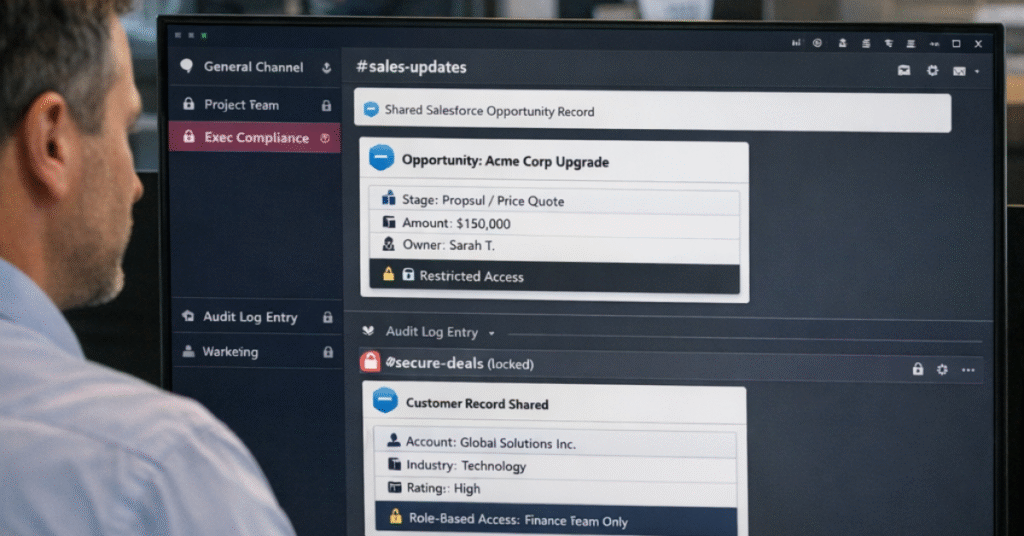
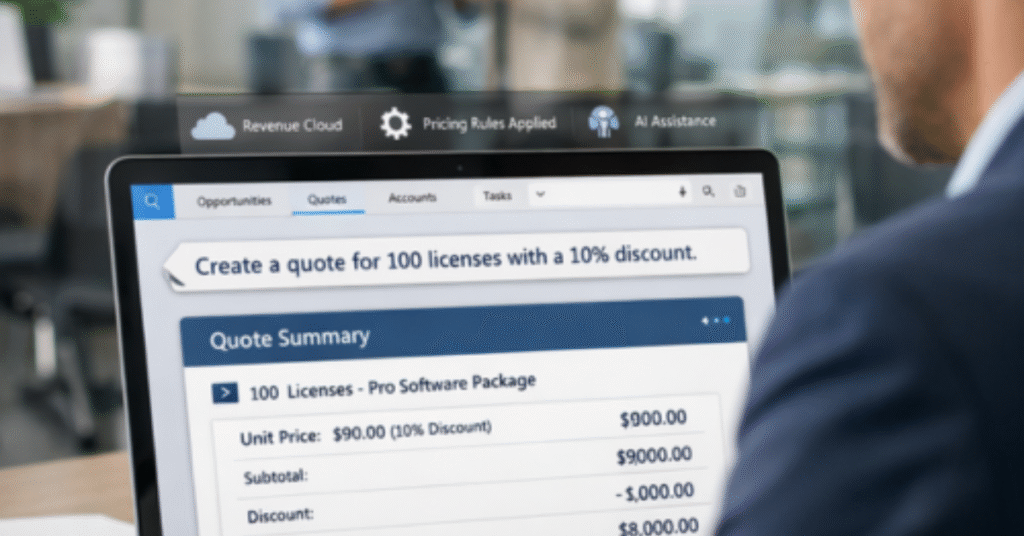



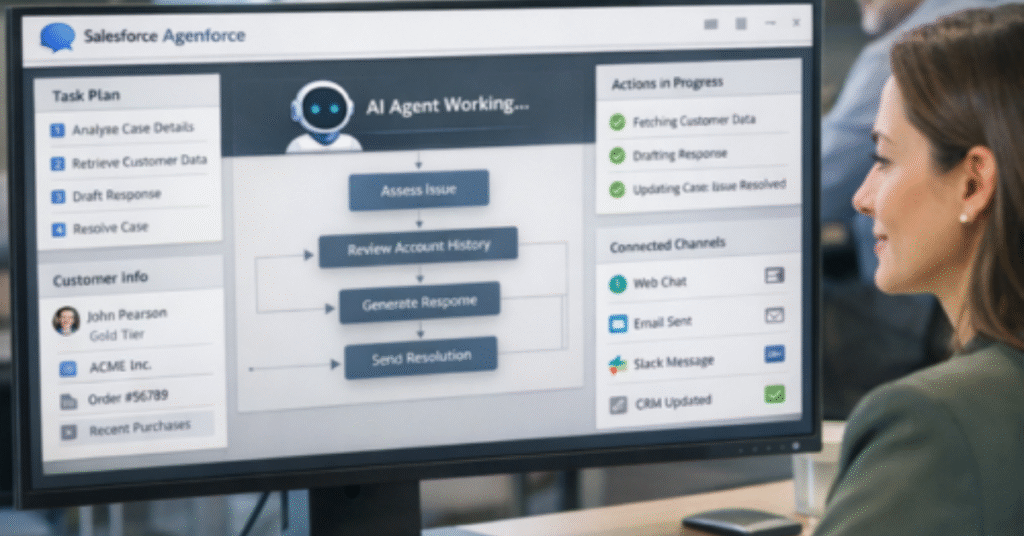
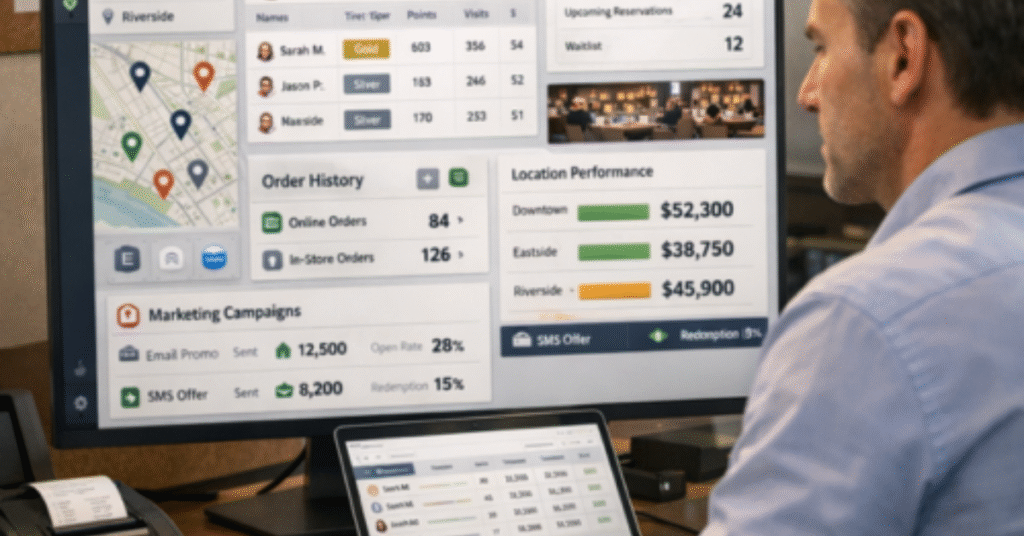
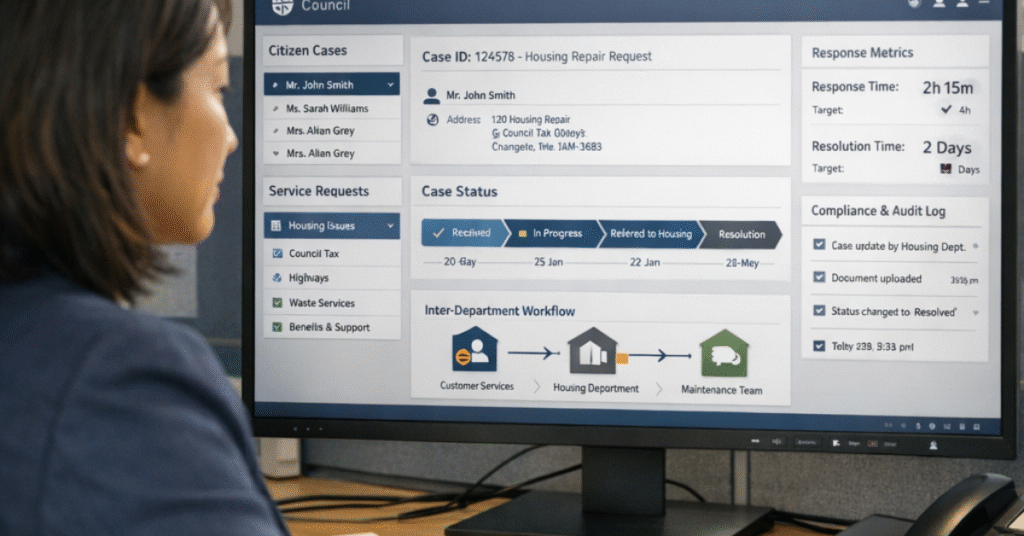


Joshua Eze is the Founder & Salesforce Architect at Sailwayz, a certified Salesforce Consulting Partner based in the UK. With over 6 years of experience leading CRM transformations, he is a certified Application & System Architect passionate about using technology to simplify business processes. Joshua helps companies unlock the full potential of Salesforce with strategic, scalable, and secure solutions.